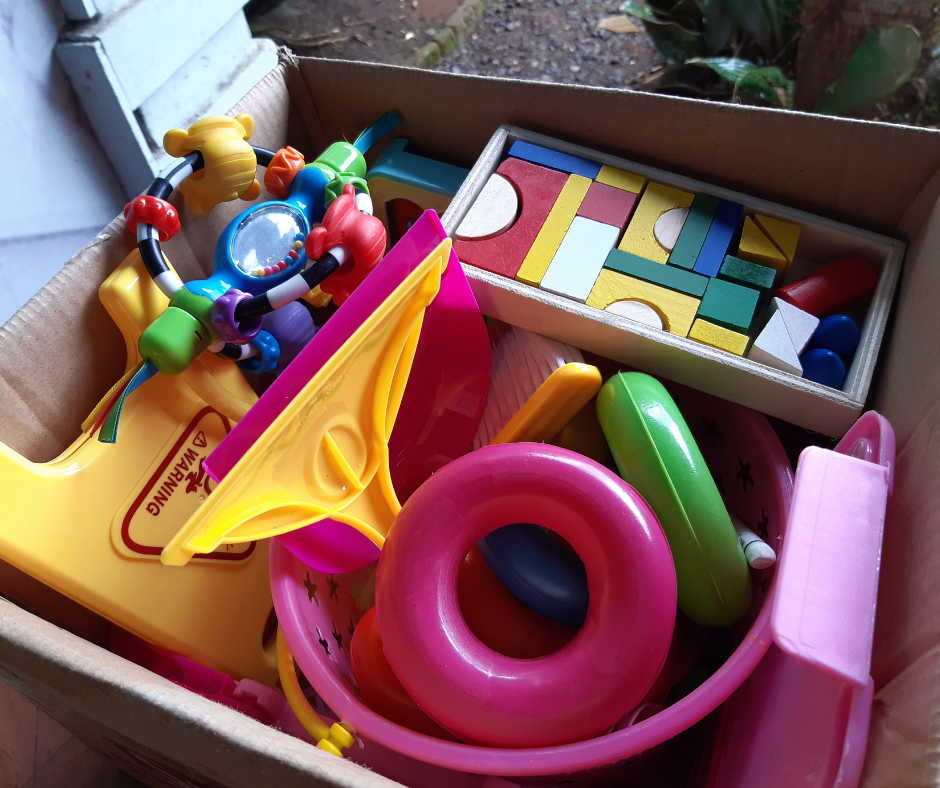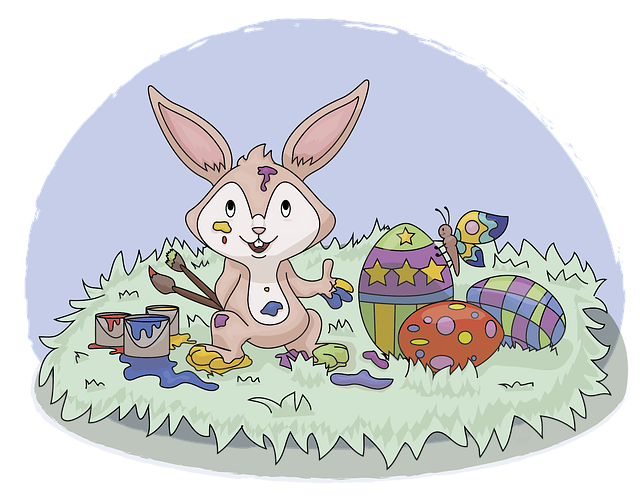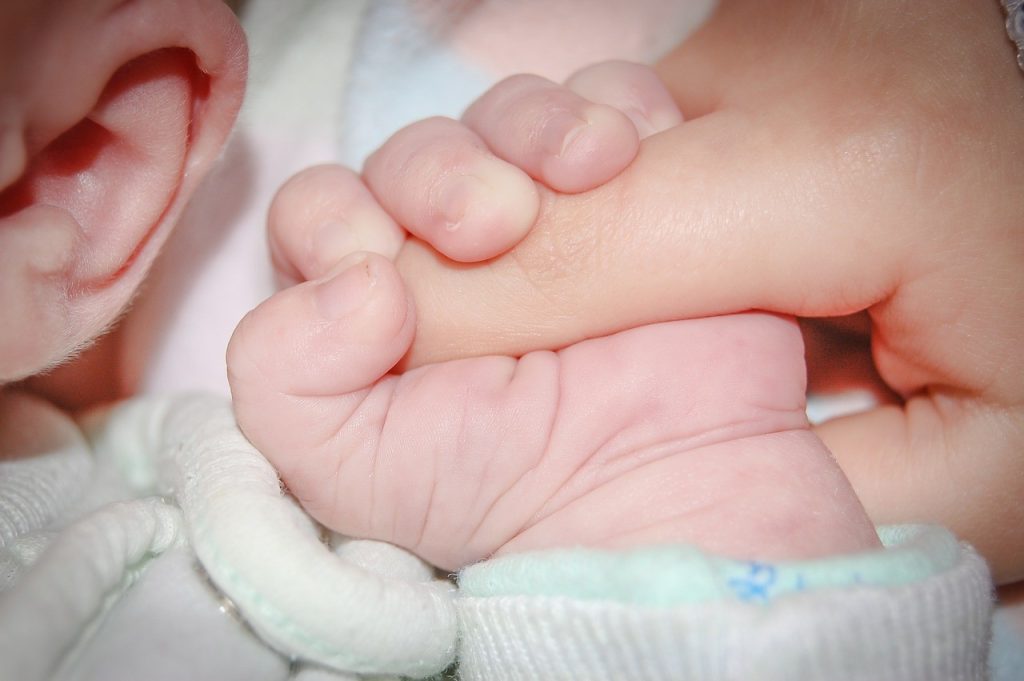Paragraph

Many of us are familiar with the frustration that comes along when your boss or manager constantly breathes down your neck telling you how to do your job. It’s undermining, infuriating and annoying, and if done often enough, it can make you hate your job.
Now imagine how your nanny feels when you tell her exactly what time she needs to put your child down for a nap, how many grapes he can eat, which games she should play with him, even what shape to cut his sandwiches. Sound familiar?
Your nanny is good at her job. You checked her references, read her resumé and can see she knows what she’s talking about. Bear in mind that a great many nannies have more experience with childcare than most parents have at simply being parents. She’s been doing the job a long time, it’s her life, her passion, and you need to learn to let go of the reigns a little and trust her judgement.
It probably won’t be easy, especially if you’re a new parent, it can be difficult to relinquish control to someone new and to put faith in them being able to care for your little one the way you would. However, if you don’t do this, there’s really no point in hiring a nanny in the first place and all your micromanaging will result in a frustrated nanny, a tense relationship between you and your nanny (that your child will probably pick up on) and you’ll find yourself feeling tired and on-edge, when you should be more relaxed and confident that your child is in capable hands.
That’s why we’ve put together our top tips to help keep your micromanaging to a minimum:












